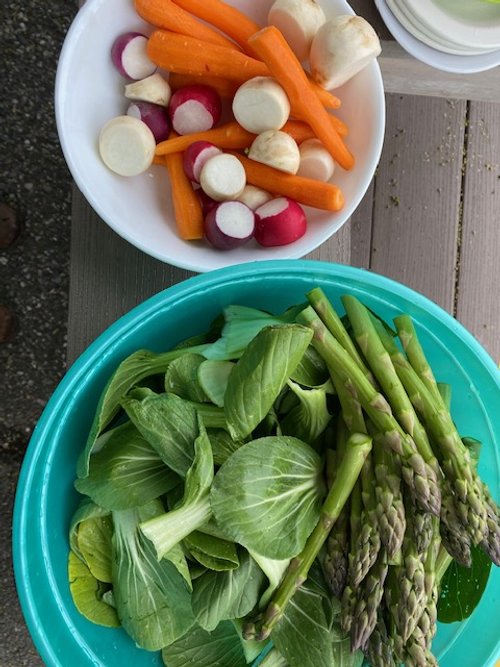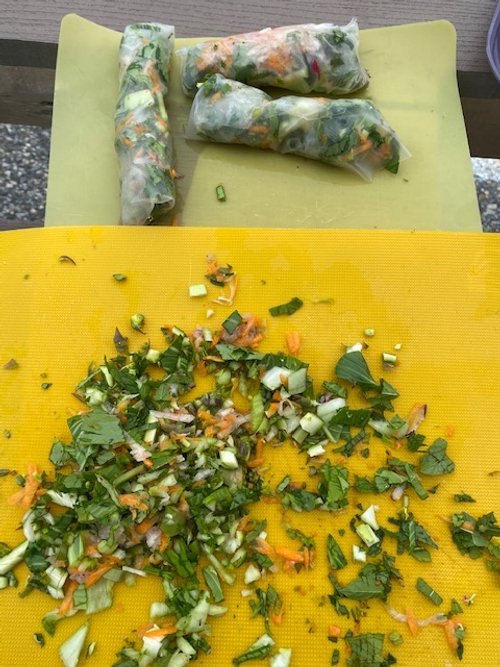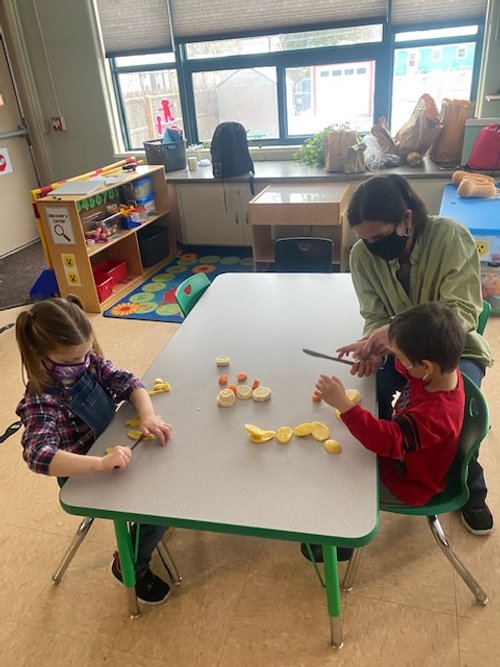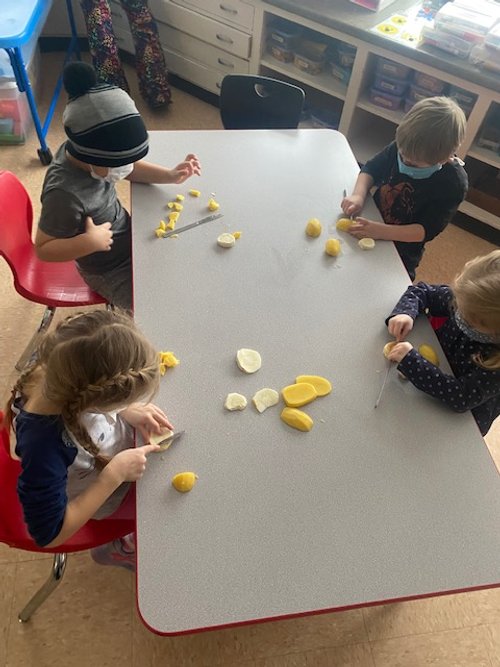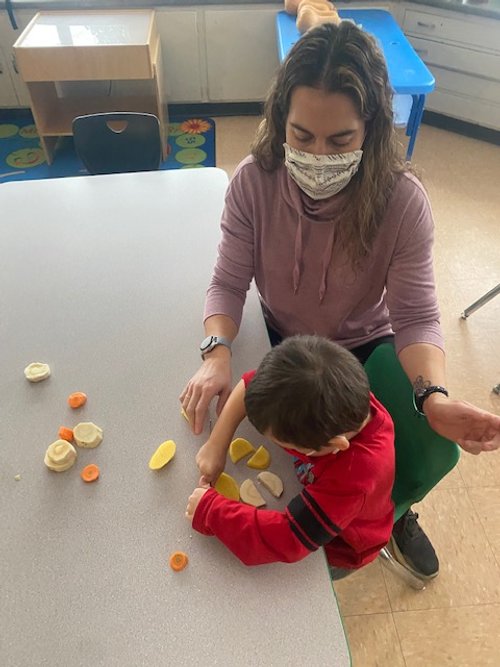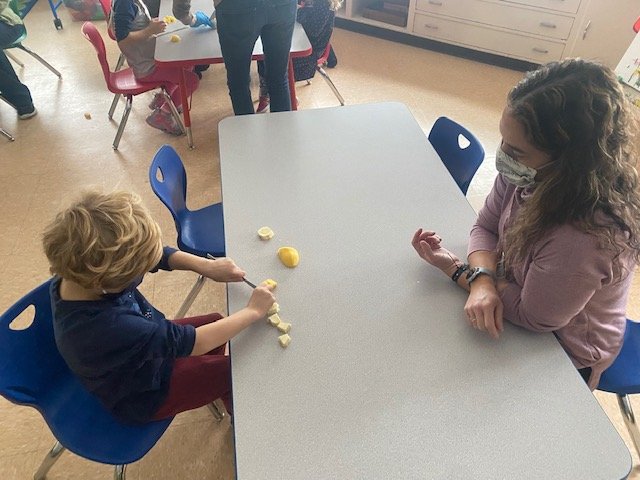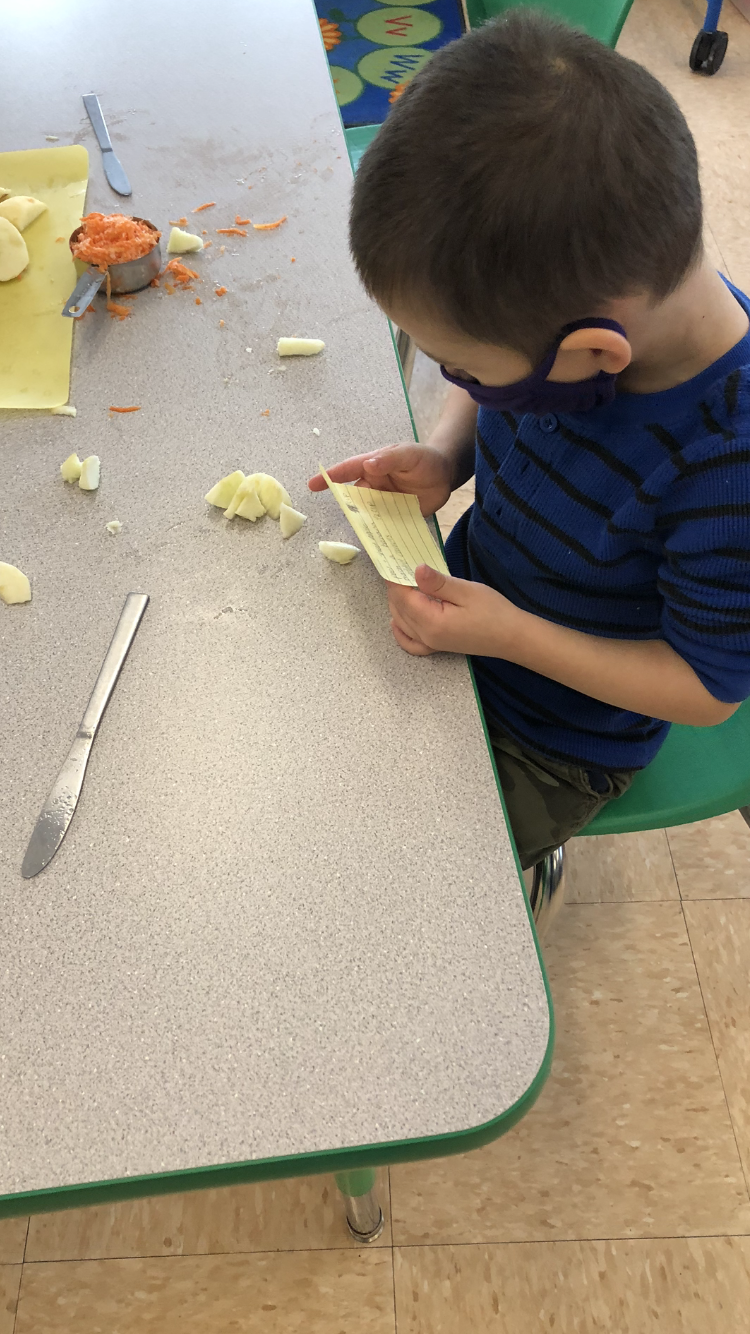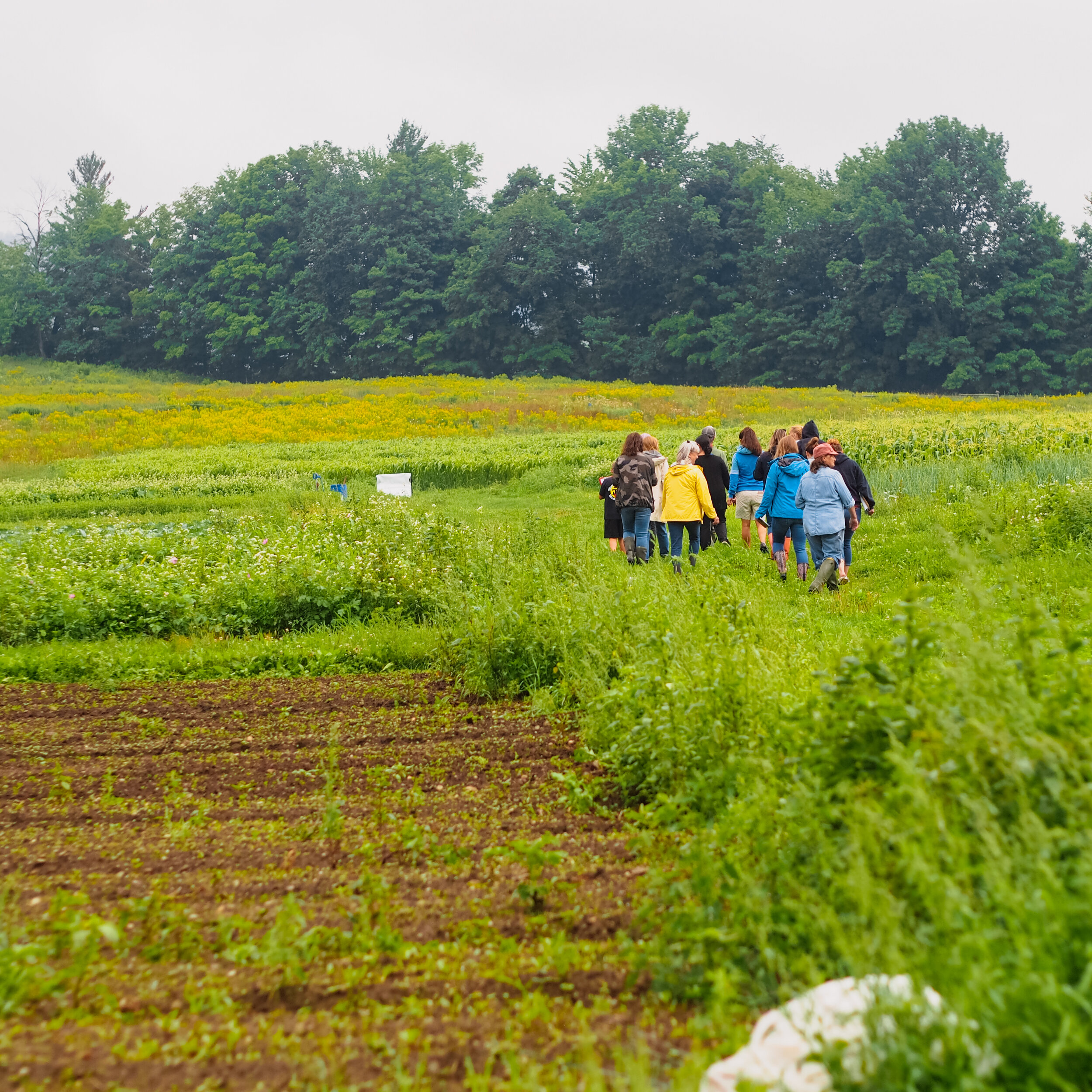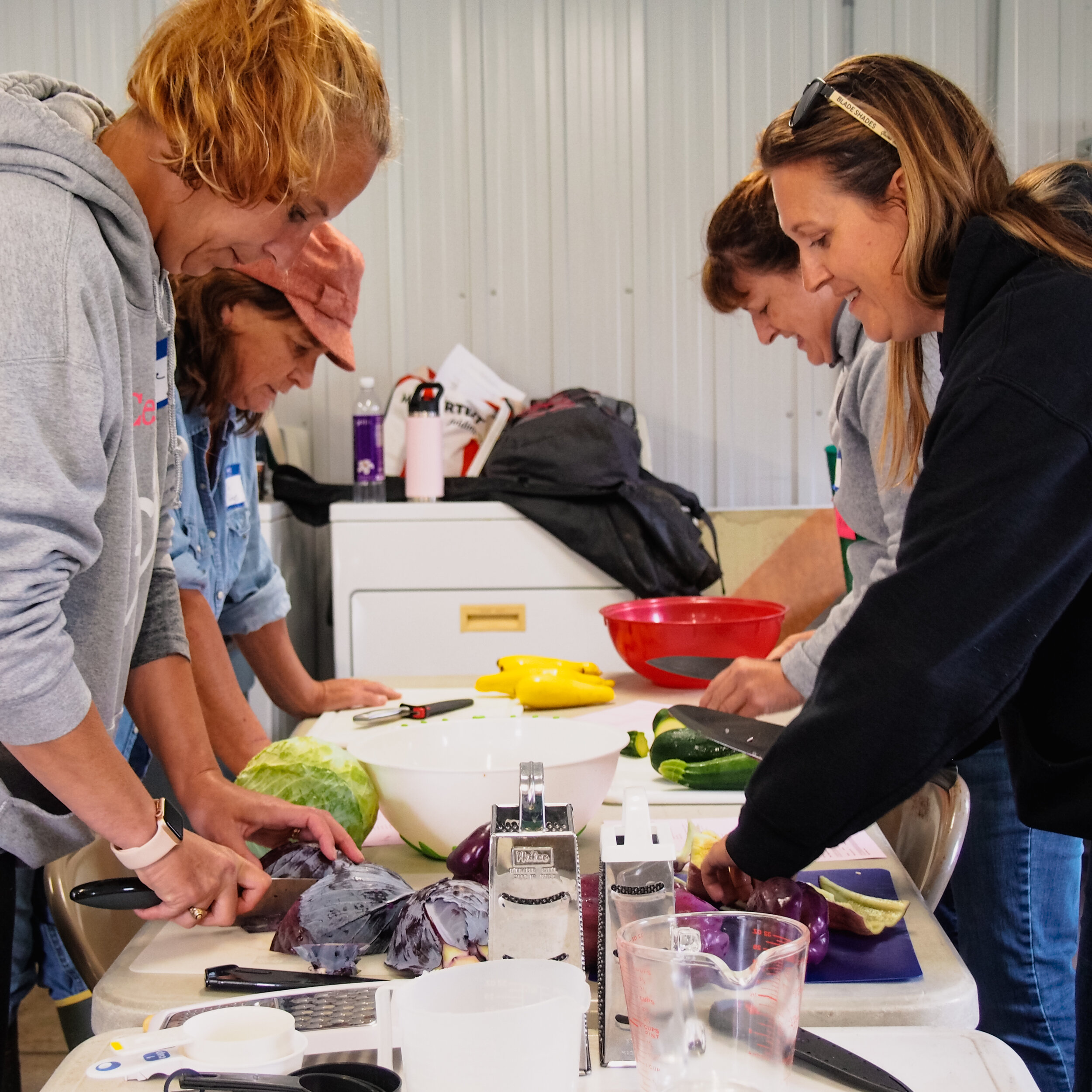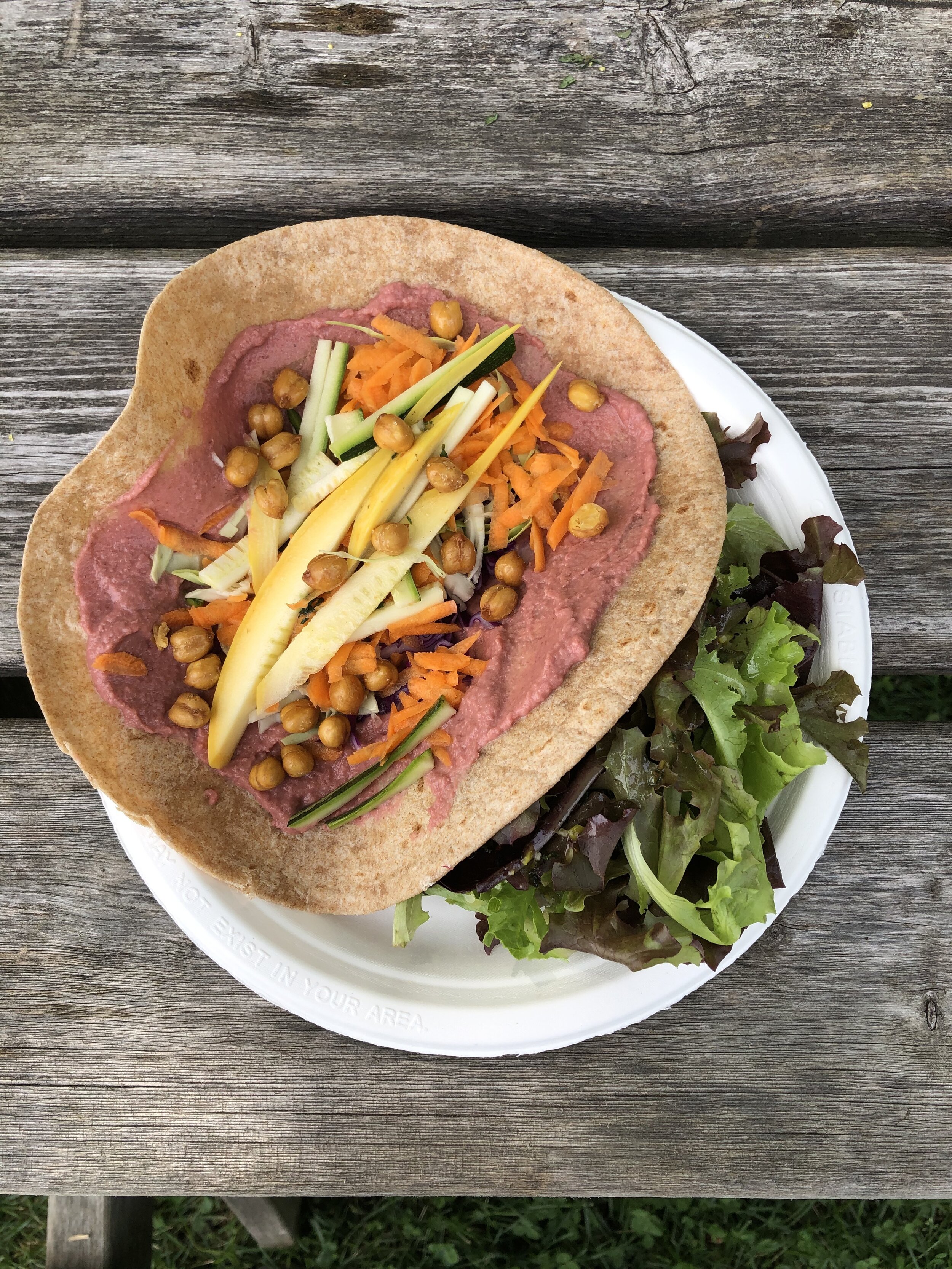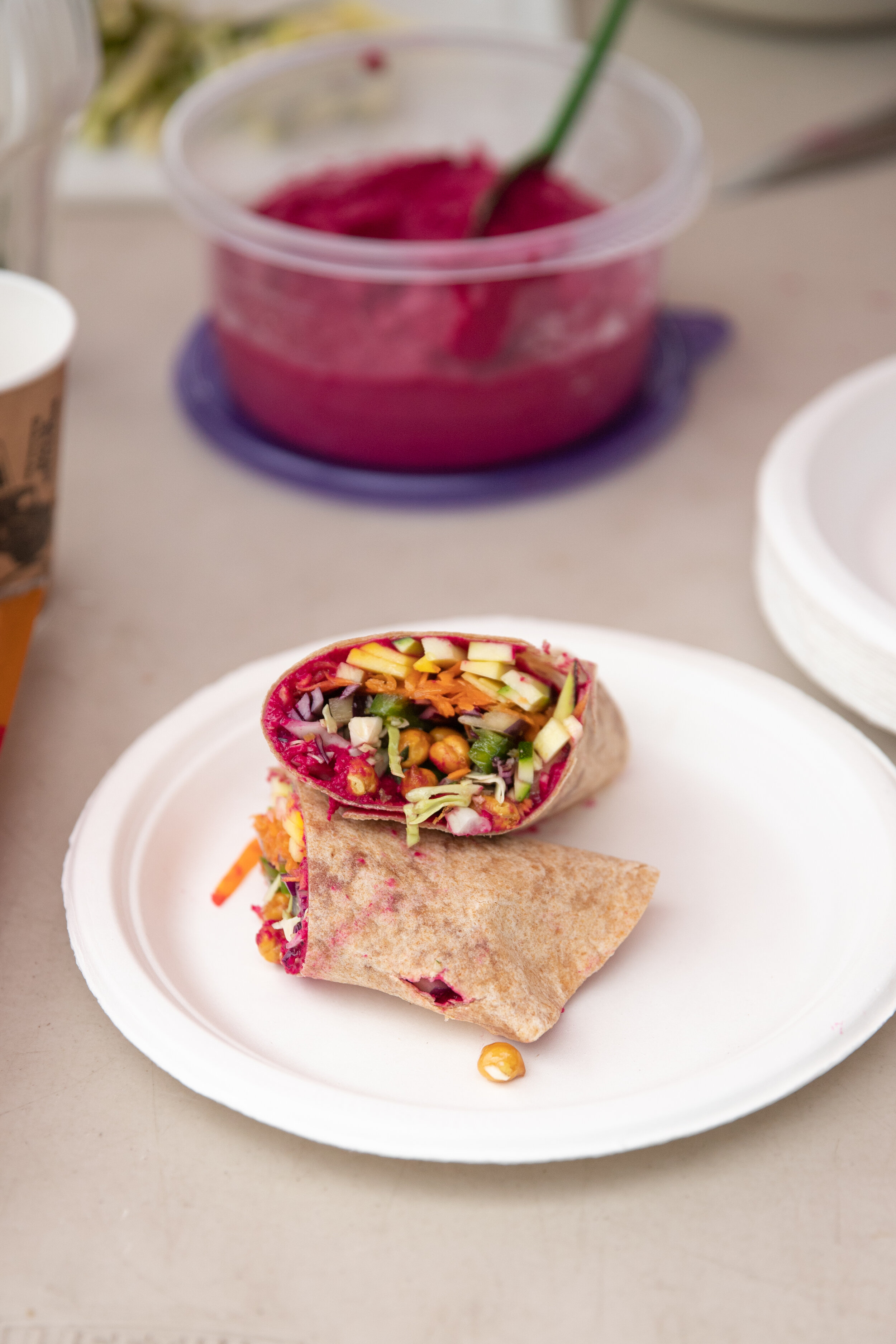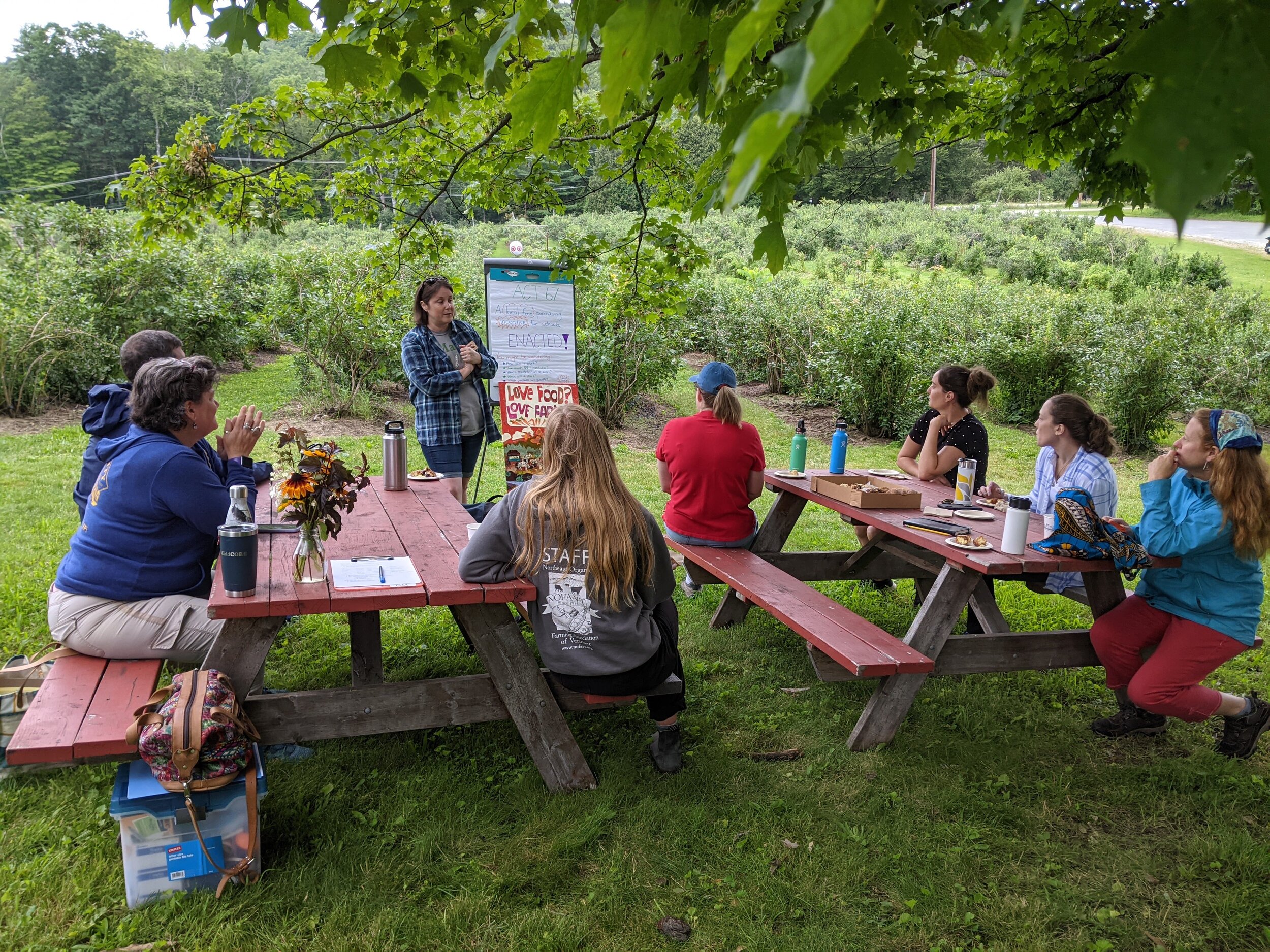The initial 4-week pilot worked with 9 Brattleboro restaurants to prepare meals four days a week. With the extension of the program, Shin-La and Echo Restaurant have been added to the line-up and its Program Director, Stephanie Bonin, is working to add others.
Residents in Brattleboro, Putney, Dummerston, Guilford, and Vernon can continue to pick up meals at 80 Flat Street in Brattleboro, Monday through Thursday until December 10th. Pick up is from 4 - 6 pm daily. Meals are free for everyone and no registration is required. Local social service organizations can also sign up directly for meals to provide to their clients. Please see https://www.brattleboro.com/EveryoneEats for more information.
New Everyone Eats! programs are cropping up statewide, with 10 “hubs” already created. As new programs get started, organizers look to Everyone Eats! Brattleboro for best practices. The program gained national recognition with coverage from NBC shining a spotlight on Vermont’s successful community response to the pandemic.
Restaurants involved: Dosa Kitchen, Yalla, duo Restaurant, Echo, A Vermont Table, The Porch, Masala House, Hazel, Shin-La, Mama Sezz, and The Works.
Downtown Brattleboro Alliance (DBA) is a non-profit whose mission is to promote the vitality of downtown, the primary center of commerce, culture, and community life for Brattleboro and the surrounding area. DBA is the official non-profit Designated Downtown Organization for the Town of Brattleboro, providing access to grants, technical assistance, and networking opportunities.
Food Connects is an entrepreneurial non-profit that delivers locally produced food as well as educational and consulting services aimed at transforming local food systems.
The Hunger Council of the Windham Region is a group of community leaders and organizations dedicated to ending hunger and malnutrition in the Windham Region. The Hunger Council of the Windham Region is part of the Hunger Councils of Vermont, which are coordinated by Hunger Free Vermont.
Vermont Foodbank is the state’s largest hunger-relief organization, providing nutritious food through a network of more than 300 community partners. The mission of the Vermont Foodbank is to gather and share quality food and nurture partnerships so that no one in Vermont will go hungry.



